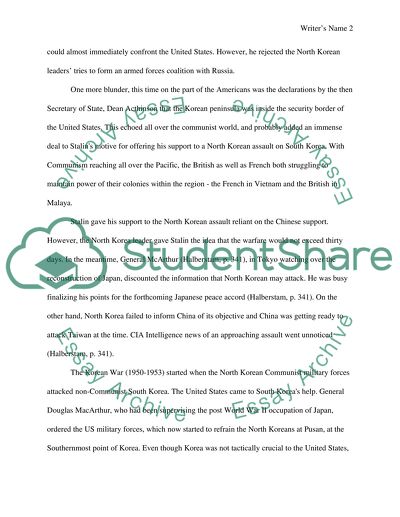Cite this document
(“Korea Research Paper Example | Topics and Well Written Essays - 1250 words”, n.d.)
Retrieved from https://studentshare.org/family-consumer-science/1411175-korea
Retrieved from https://studentshare.org/family-consumer-science/1411175-korea
(Korea Research Paper Example | Topics and Well Written Essays - 1250 Words)
https://studentshare.org/family-consumer-science/1411175-korea.
https://studentshare.org/family-consumer-science/1411175-korea.
“Korea Research Paper Example | Topics and Well Written Essays - 1250 Words”, n.d. https://studentshare.org/family-consumer-science/1411175-korea.


